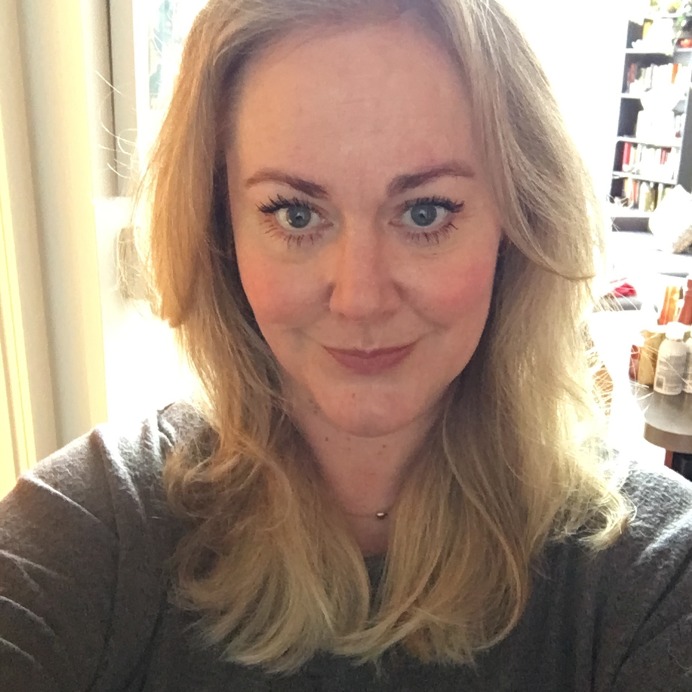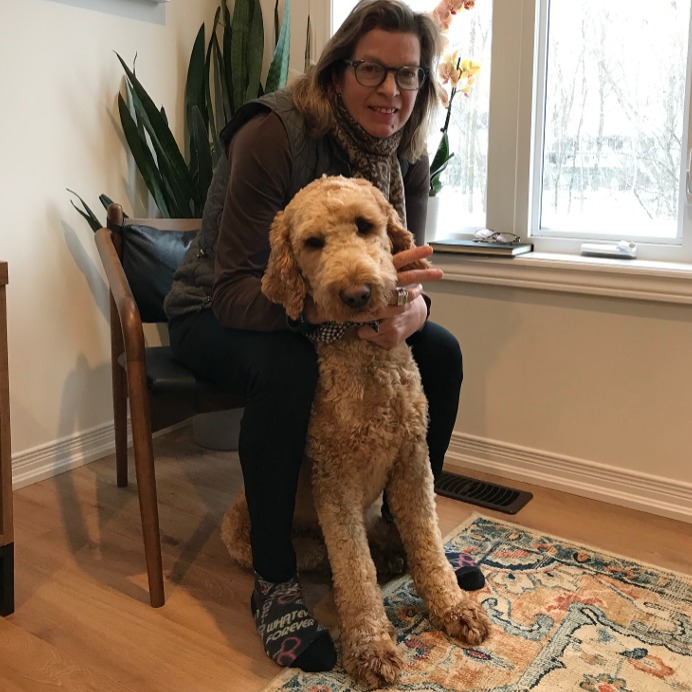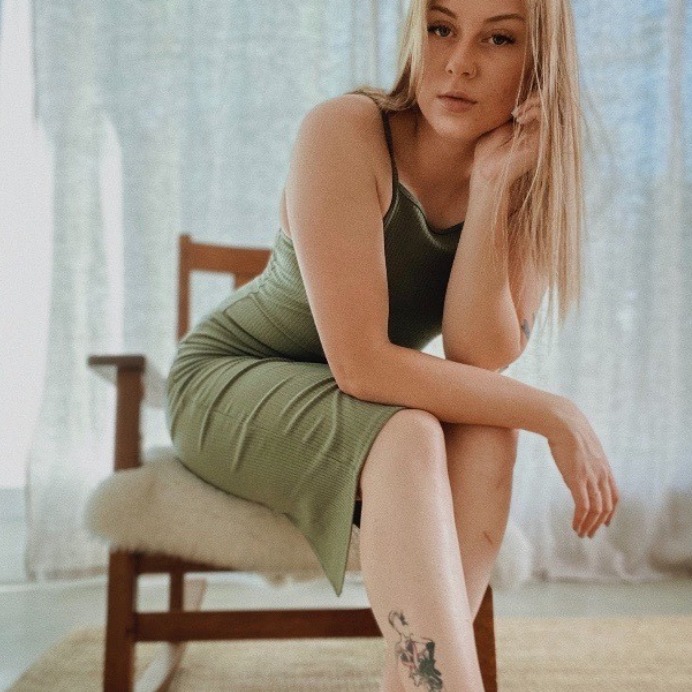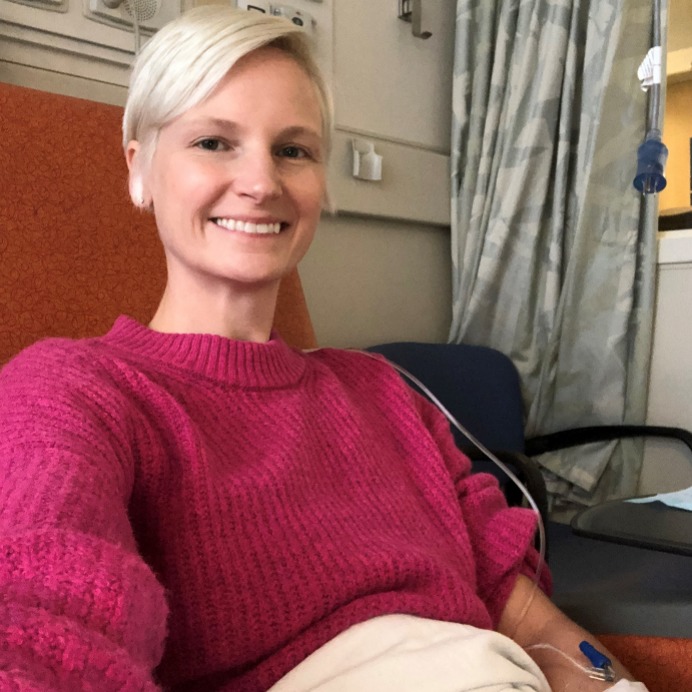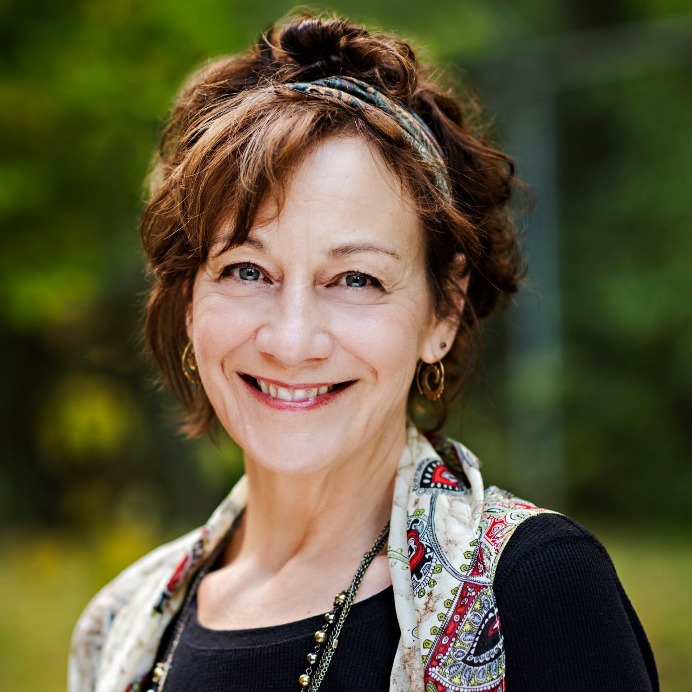By continuing to use our site, you consent to the processing of cookies, user data (location information, type and version of the OS, the type and version of the browser, the type of device and the resolution of its screen, the source of where the user came from, from which site or for what advertisement, language OS and Browser, which pages are opened and to which buttons the user presses, ip-address) for the purpose of site functioning, retargeting and statistical surveys and reviews. If you do not want your data to be processed, please leave the site.
The Voice of People With Breast Cancer
Education
Our Voices Blog
Category : Stories
Three Things to Consider if You’re Thinking About Going Off Tamoxifen
Chances are, if you have breast cancer you’ve heard about Tamoxifen. I remember the first time my oncologist talked to me about the chemo-infused hormonal-therapy drug. It was during my weekly check-up when I was still having daily radiation. He explained that because the cancer cells found in my right breast were 95 per cent estrogen and progesterone receptor positive, my body’s natural hormones could attach to the cancer cells and help them grow. Obviously I didn’t want that, so I said yes to the drug without even hesitating.
Self-Advocacy Tips: For Patients, From Patients
Last year, we wrote a blogpost on the importance of advocating for yourself as someone with breast cancer. We also shared tips on how to go about becoming an advocate and being a part of your healthcare team. While the information shared is valuable and reflects situations you may find yourself in, we believe that the best way to learn is to hear from people who have been there already.
Brain Drain: How Breast Cancer Has Impacted the Way I Think
I’ve started counting the number of times I emotionally beat myself up every day. Each mean, cruel and hurtful criticism said silently to myself in the privacy of my own mind. Yesterday I hit number 22, my all-time high for the week. So far today, I’m up to seven unkind thoughts. It’s nine o’clock in the morning and my alarm went off at 6:30 a.m.
Liquid Biopsy Offers New Hope for Ontario Family
Carla Van Wyck-MacDonald lives near Shallow Lake, Ontario with her husband and their four children, ages 9, 11, 13 and 14. Carla was initially diagnosed with breast cancer two years after her mother died from the same disease.
Trusting Your Instincts and Knowing Your Body
I am from a long line of breast cancer survivors, so when I was diagnosed in 2008 with breast cancer, I was not in the least surprised. I was just 50, my twin sister and I celebrated that milestone in February 2007. By December of that year, I knew something was wrong.I had a mammogram at Sunnybrook that fall, in October I believe, and received “all clear”. Both the mammogram and the vigorous breast examination at Sunnybrook failed to detect an exceedingly small tumour situated close to my left armpit and sitting deep on a ligament. It was undetectable at that time. Later that fall, I noticed a puckering in my breast when I was drying my lower body, just out of a shower at my gym. I knew instantly what it was, so I booked an appointment with my doctor at the high-risk breast screening centre at the Odette Centre.
Why Self-Care is Important for Anyone Dealing with Breast Cancer
Self-care. It’s not a phrase that even flickered across my radar when I was diagnosed with breast cancer, let alone after my surgery or during treatment. But it should have. And, no, it’s not a selfish act.
We Are All the Divine Feminine
At the very core of my being, I radiate feminine essence. I grew to understand this through the loss of a physical trait that has been deeply rooted as a symbol of femininity and sexuality for so many centuries - my breasts. At the age of 18, I was diagnosed with the BRCA1 genetic mutation just as my mother, auntie, and sister before me. This meant that I was at high risk for contracting breast cancer.
Getting Through My Worst-Case Scenario
The worst weeks of my life had finally come to an end. It had been six weeks since my lumpectomy. Six terrifying weeks, living with many unknowns, in a state of complete disillusionment. But the wait was finally over because today I would meet my medical oncologist for the first time, she would go over my pathology report, and reveal my treatment plan. Going into the appointment I felt ready to face whatever would come my way. After experiencing the darkest days of my life, I had emerged feeling strong and optimistic. I had done a lot of research and decided that the odds were in my favour, I could beat this… unless I had triple negative breast cancer (TNBC), because that was a different story. However, I wasn’t worried about that because I knew that TNBC only makes up 10-20% of breast cancers and that aside from my age, I didn’t really have any risk factors. So, there I was, full of hope, when I was hit with what I had identified as the worst-case scenario. As soon as I heard “Your cancer is triple negative”, I burst into tears. I don’t remember much of the appointment after that.
Triple Negative Breast Cancer: Shoulda, Woulda, Coulda and a TIP
If you’re going to be told you have breast cancer, you want to be able to say, “They caught it early.” With Triple Negative Breast Cancer (TNBC) - an aggressive, difficult to treat type of breast cancer - early detection is especially important.
Eight Items That Helped Me Recover from Breast Cancer Surgery
The day my doctor told me I had breast cancer was the same day I met my surgeon and was scheduled for a partial mastectomy (otherwise known as a lumpectomy), breast-conserving surgery. It’s not surprising. The Canadian Breast Cancer Society attributes breast cancer as being the most commonly diagnosed cancer among Canadian women and the second leading cause of cancer death in Canada, so booking a surgery right away is a priority.



